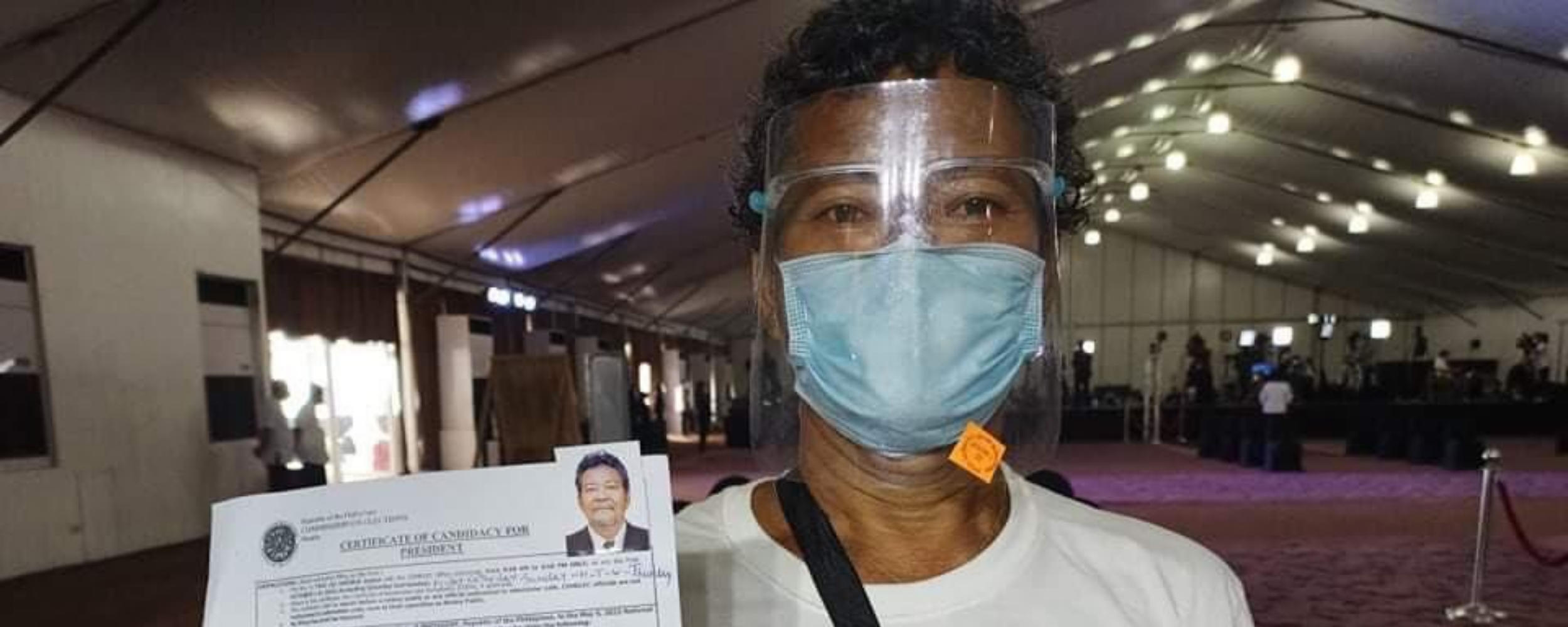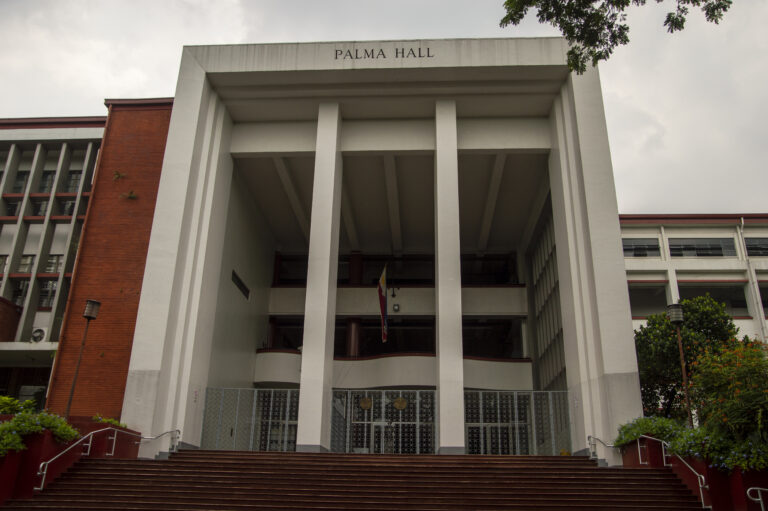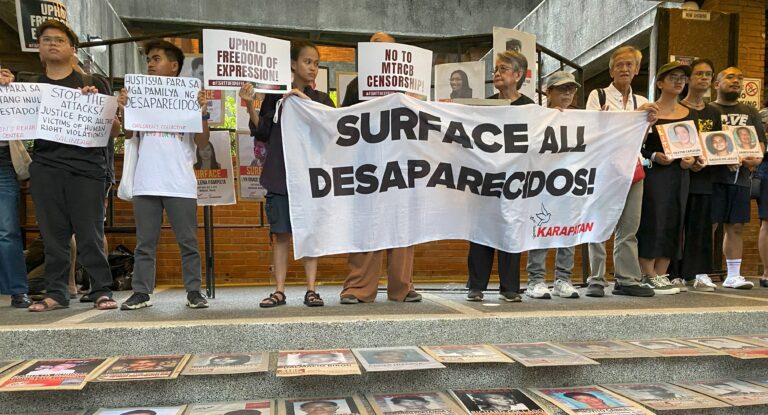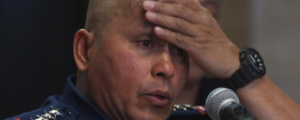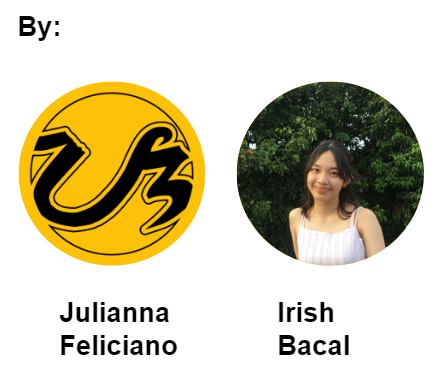
In the Philippines, elections are essentially a popularity contest in which the wealthy and well-known advance, while relative unknowns are perpetually relegated to the background. The way the press and the general public have talked about the “ordinary” candidates’ backgrounds has been doubtful.
They are portrayed not merely as an objective fact, but also as a source of added meaning, reflecting the classist views with which many in the upper and middle classes still regard ordinary citizens as “less legitimate” than political elites. Dismissed as nuisance bets and obscure aspirants for national posts, their filing of COCs was welcomed with a loud “WTF”, in which others regard as flat-out annoying and too deranged to participate in a game that has already been won by the political elites.
Under the Omnibus Election Code, a nuisance candidate is someone who has filed a certificate of candidacy with intent to make a mockery of the election process, confusing the voting public by the similarity of names or without a bona fide intention to run for office.
THE SO-CALLED NUISANCE CANDIDATES
Veteran Labor leader Leody de Guzman filed his COC for president under the party Partido Lakas ng Masa (PLM), emphasizing that the time has come for workers to assert themselves in politics President of the Bukluran ng Manggagawang Pilipino (BMP), lawyer Luke Espiritu also filed his COC for senator under PLM with de Guzman. An hour beforehand, Kilusang Mayo Uno chairperson Elmer “Bong” Labog filed his COC under the banner of Makabayang Koalisyon ng Mamamayan (Makabayan) bloc.
Phil delos Reyes, a security guard, working from paycheck-to-paycheck like millions of voters, was one of the ordinary Filipinos who filed his COC for the senate seat to provide housing, better education system, and uplift our situation from the pandemic.
Another senatorial aspirant is Nelson Ancajas, a street vendor who turned emotional when he narrated how the slow rollout of government aid led to the death of his infant child in 2008. This pushed Ancajas to run for senator to ensure that the netizens benefit from state coffers.
First to file a COC for president last Thursday is electrician Alexander Encarnacion, who claims that he has technology to see crime and corruption in real time in the country; Leninsky Bacud, from the Fire and Rescue Volunteer, guns for a congressional seat to address the government’s inadequate support for their sector; and office worker Jeffrey Roden, a presidential aspirant, expresses his frustration about the pandemic response: “Dapat sa simula pa lang, nagpatayo na ng COVID-ready hospitals. Nasa tent iyong mga kamag-anak natin, ergo, the solution is [to] build hospitals. Common sense naman iyon, ‘di ba?”
Ophthalmologist Dr. Minguita Padilla and Nurses United filed their COCs for senator and the party-list race, respectively. Frustrated with the Duterte’s administration’s failed response to the COVID-19 pandemic, doctors and nurses are seeking seats to push for health reforms and better salary, benefits, and working conditions for health frontliners alike.
SO, WHO ARE THEY?
They are just a few of the ordinary citizens coming from different directions who filed their COCs for national posts. So, how do we tell the difference between candidates that ridicule the electoral process and the rest of the pile?
In the 1935 elections, there was Pascual Racuyal, a presidential nuisance candidate from Balamban, Cebu, who campaigned against giants: Manuel Quezon, Emilio Aguinaldo, and Gregorio Aglipay. Back then, he promised a variety of things, including that if elected, he would construct a bridge connecting Mactan and Cebu. This was scoffed at the time, but decades later, the bridge eventually became a reality.
However, being a nuisance candidate does not automatically imply that they lack vision or conviction, even if they lack the political machinery. Democracy has been in disarray, exacerbated by the ultimate nuisances: politicians who buy votes, voters who sell votes, and candidates who forget their promises after being elected. Aren’t they the real deal when it comes to “mga peste sa lipunan”?
The candidacy of those corrupt officials is not being questioned, but the candidacy of ordinary citizens who are victims of corruption is? Who, exactly, is making a mockery? Is the COMELEC Law Department implying that only those with a name recall, incumbent positions, and political heirs are entitled to run for national posts?
What it’s telling us is that, isn’t it a more fitting description of politicians who have done considerable harm to our nation than of the ordinary citizens?
All these ordinary Filipinos share a common goal: to create proactive and “real” change in the country. Since the pandemic, the country has sunk further; in the global COVID-19 recovery index, the Philippines ranked last in infection control, vaccination, and mobility.
In these trying times, the elites in their comfortable seats failed in their pandemic response. Misplaced allocations of budget took place instead – all funds that could have been used to support frontline workers, to those in poverty, and anything that could have made our country progress went into corruption and unnecessary projects.
HARSH REALITIES
The grim truth to the presence of these candidates is that it underscores the nation’s elitist political landscape.
Campaigning for elections is expensive. To fund media advertisements, tarpaulins, and other campaign materials can cost up to millions of pesos. Duterte spent over P317 million for his electoral campaign in 2016.
Yet, it is also expensive to be well-known and to make connections. One thing is for sure: Philippine politics cannot exist if it weren’t for the wealthy, the powerful, and the well-known to have an upper hand over the least advantaged. Politicians are most, if not all, composed of landlords and bureaucrat capitalists, found in the tippy top of the social triangle who continue the legacy of their political dynasties.
Among these big compradors are the true nuisance: Bato Dela Rosa, Bongbong Marcos, and Manny Pacquiao. These are the people who want to run our country – a lapdog-turned-substitute, son of a dictator, and a billionaire boxer, respectively.
To them, politics is a gamble. Spending millions of money on campaigns produces an image of a ‘leader’ who will change the country for the better when the budget could have been used to execute projects that would help the masses – and they will continue to spend just as much when there is a chance to lose.
In short, engaging in the government is not an ordinary Filipinos’ forte because it is a game fitted for the elites.
Ordinary Filipinos can’t keep up or be a little bit close to these elites because they are part of the masses: those who have little to spend on campaigns, the unknown. But this doesn’t mean they don’t have a vision and a stand to fight for.
These ordinary aspirants are seeking systematic change from the point of view of the workers, of those who are in the lower classes. In the extremely short span of having the limelight on them as they file their COCs, they are calling attention to their day-to-day struggles.
Each of these ordinary Filipinos expressed their frustrations and hopes for a better nation. Their election programs concentrate on lifting the pandemic, improving quality of life, raising minimum wages, abolishing contractualization, advocating for the workers and farmers, and many more. All of these immediate needs were things the government turned a blind eye to.
Yet, some would argue that these people have no knowledge on politics, or how to run a country. That’s why they are called “nuisances” – why run if you do not have the means to campaign? If you do not have connections? If you are not rich? If you have no experience in the government?
But what does this really mean for us Filipinos?
To run means to amplify the voices of their sectors and every Filipino. For years, the country has been plagued with leaders and elites who purvey propaganda. All have spoken of empty promises to eradicate all of our country’s problems. Our country may be a democracy, but have our voices really been heard? Or were they just continuously echoed?
To run means to shed light on the daily lives of ordinary people struggling to make ends meet. To run means to highlight the government’s incompetence to support its people. To run means to show that the masses are not docile and not merely a voting population.
They shouldn’t be declared a nuisance. They are a representation of the masses whose voices have long been unheard.
If they are qualified and meet the requirements to run, there is no reason to say that they are nothing. What better way to fix the country’s problems than to have the masses claim a seat?
In a democracy, it is a government of the people, by the people, for the people. But the Duterte administration has been the exact opposite. It was a government of the elite, by the elite, for the elite. It was only advantageous to those who are rich, powerful, and well-known, while the masses are suffering at the hands of human rights abusers and incompetent leaders.
For years, our country has lagged behind. Can these “legitimate” candidates, should they win, be trusted with our nation? In taking the seat of power, will they fulfill the role of a true public servant? Will they address the immediate concerns and needs of the masses, lift the Philippines? If in the next six years, there is little to no change, then they are the nuisance.
Beyond elections, let us reclaim the political power that emanates from us and wield it against those who take away the dignity of our democratic processes. After all, politicians that have done, are doing, and will continue to do nothing good for the country are not less than a pest.
Featured image courtesy ofCOMELEC

